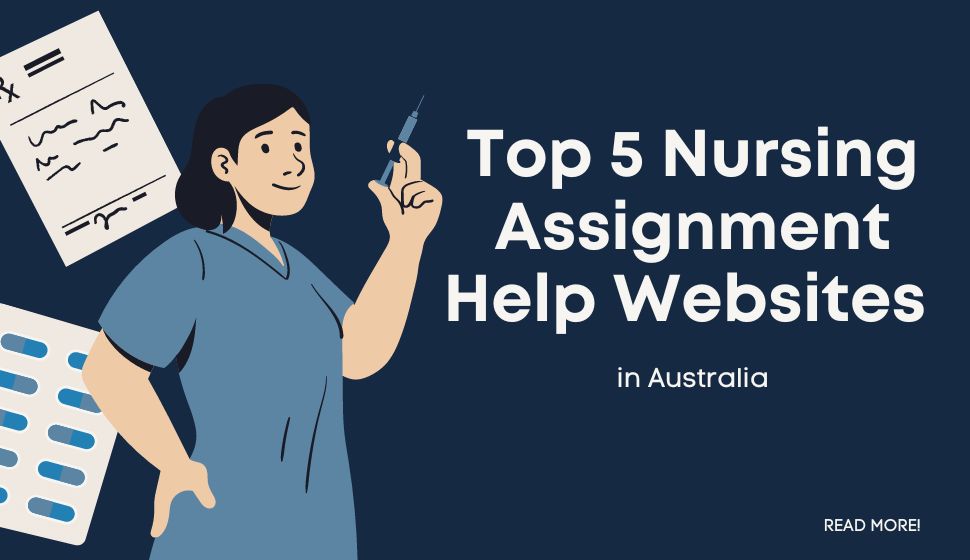Despite advances,Mental Health Through Exercise problems have long been prevalent and continue to get worse. Despite all the technological breakthroughs and expanding opportunities for the next generation, 700,000 individuals commit suicide every day, according to a WHO report. Our time moves quickly.
Did you know that according to WHO statistics, one in four persons does not engage in the recommended level of physical activity? This rate of low physical activity has fallen much more due to quarantine.
Introduction
The population of the world is ageing quickly. According to WHO statistics, the elderly population will double in size between 2015 and 2050. It will dramatically increase from 900 million to 2 billion. Because of the population’s ageing trend, the mental health of the elderly requires special attention because of their predominant mental health disorders.
The best approach to seeking support is asking for mental assistance, but there are various ways to improve your mind beforehand. For the same, physical activity is wholeheartedly suggested; the WHO also suggests the same for those in isolation during the covid crisis. We need to include such a regime into our daily routine because of the state of our mental health.
Why Does Exercise Improve Our Mental Health?
Exercise is a common routine for endurance athletes, and they do it mostly because it makes them happy. You can improve your mood, focus, and attentiveness by exercising. It also permits you to approach life with greater joy. Additionally, it is a powerful instrument for treating insomnia, which is particularly frequent in today’s youth.
The relationship between physical fitness and mental health is a broad one. For instance, inactivity can both cause and result from a mental illness. However, some ways being physically well might benefit your mental health:
- The levels of the neurochemicals serotonin, anxiety hormones, and dopamine fluctuate during exercise.
- Regular exercise helps to lower anxiety. Exercise and maintaining a regular sleep schedule help you keep your mental health in check. A good night’s sleep improves your mood.
- Exercise improves impulse control and self-confidence and suppresses negative thoughts. People who engage in regular or everyday physical activity understand how satisfying it is to reach an objective.
- It allows you to try new hobbies while keeping your attention away from fearful thoughts.
- When you work out with others, you can interact socially and actively build networks with other fitness or mental health groups.
- Your metabolism is boosted by exercise.
- If you’re experiencing undesired mental anguish, which is frequent among working professionals, strength training could help.
- You feel calmer after regular exercise because your skeletal muscles are less tense.
These are the advantages of exercising for mental health.
Did you know that one in five adults in Australia has a mental or behavioural disorder? The same was reported by ABS in 2020.
For persons with certain mental problems Mental Health Through Exercise benefits supports general physical well-being and healthy heart health. Exercise is crucial since those who are depressed are more likely to develop diseases, including diabetes, hypertension, asthma, and cardiovascular disease.
Assignment completion is difficult for nursing students. Several potential causes include a lack of time or resources, a lack of expertise in the area, and formatting issues. If you’re experiencing the same thing, you may acquire free resources and reasonably priced assignment help from experts in the healthcare industry.

Where Can I Begin Exercise and Maintain Motivation?
If regular exercise isn’t currently a part of your routine, you might wonder how much is necessary to improve your mental health. The workout is not as taxing as expected, which is the best part. Studies show that modest to moderate cardiovascular exercise is sufficient to enhance your mood and cognitive functions.
According to “Australia’s physical activity and sedentary guidelines,” the average adult should exercise thrice weekly. 1.5 to 2 hours of mild-to-moderate exercise, such as walking, running, or swimming, are the minimum requirement. Additionally, people already accustomed to moderate physical activity can spend 2-2,5 hours per week cycling, sprinting, or playing team sports.
It can be not easy to return if you haven’t worked out in a while or are completely new to exercising. Here are some ideas to keep you inspired:
- Before beginning and throughout your fitness programme, consult your doctor or a certified exercise physiologist.
- Choose an activity suitable for your cardiovascular fitness and aptitude and one you love or have previously enjoyed. Even simple activities are considered beneficial for enhancing mental health through physical activity.
- Start slowly and gradually up your activity level. Switch up your tasks to prevent boredom.
- Please note your schedule in your journal or planner so that it becomes a habit.
- Review your exercise routines frequently, and try something else if something isn’t working for you. But don’t quit.
The WHO recommends that individuals between 18 and 64 perform 150 to 300 minutes of weekly aerobic activity.
Put exercise into your everyday regimen. Try cycling or walking as an alternative to driving. Early exit from a station or stop will allow you to walk the remaining distance. Alternatively, spend a lot of time walking your pet about the neighbourhood. You can also get adequate exercise by completing household activities like cleaning your car or gardening.
What Should You Take Into Account Before You Benefit from Exercise’s Effects on Your Mental Health?
See your therapist to ensure a new exercise routine is appropriate for you before starting it. Speak with your doctor to select the best exercises, quantity, and intensity. The counsellor will assess your medical history and any medications you are taking. They might also provide advice that will help newcomers stay focused.
Consult your therapist or a psychological health professional if you routinely work out, but your anxiety or stress symptoms still exist. Although playing sports and working out are great ways to reduce the symptoms of anxiety and depression, they cannot replace medication or talk therapy (psychotherapy).
According to the WHO, there has been a 13% increase in the prevalence of mental health concerns since the previous decade.
Engage your emotions and thoughts. Prepare to be active in the evening if your medications make you tired in the mornings. Go for a walk if you’ve been feeling down all day. A quick stroll could improve your energy flow and help you exercise for the best possible mental wellness.
Be fair to yourself and resist the urge to exert yourself if you lack the necessary drive or energy. While taking a break and getting little done is acceptable, resist your urges.
Conclusion
Students put off doing their job and begin it at the eleventh hour. It is a failing on their side, and getting assistance can be expensive. To receive economic assignment help, you can take help Nursing Assignment help services from Assignment Unlocked by fill out the enrollment form. When you subscribe, you also gain access to our extensive digital library, where you may find no-cost educational materials.Seeking help from expert can also help you in your nursing homework. If you need further assistance or guidance with your nursing assignments, our team of experts is always here to provide you with high-quality nursing homework help.






